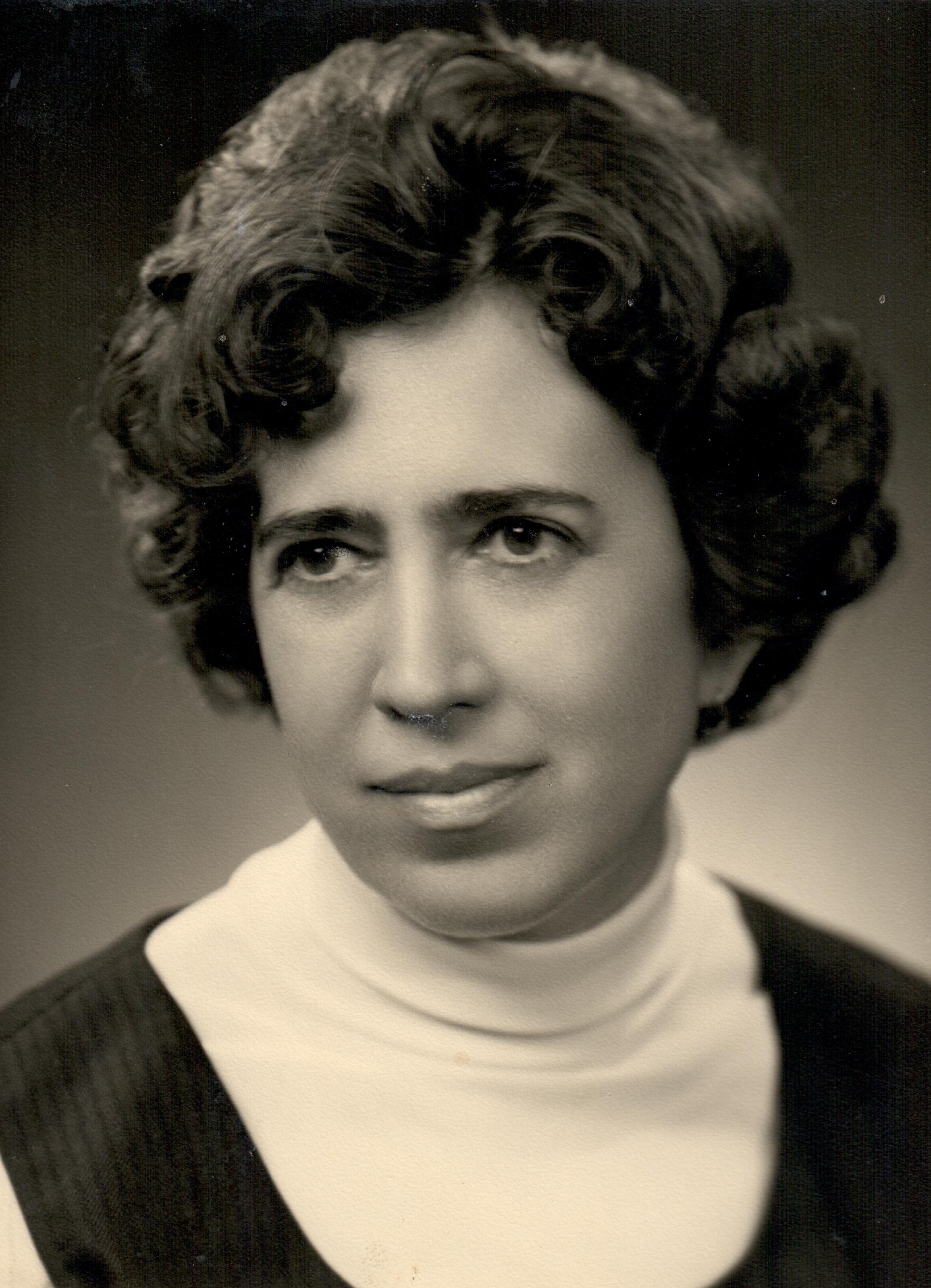I don‘t like revolutions because people change a lot...

Stáhnout obrázek
Jaromíra Junková, née Julinová, was born on 27 February 1933 in Rychlov, but she lived most of her life in Bystřice pod Hostýnem. She came from a working-class family and she grew up as an only child. After the Second World War, she entered the grammar school in Holešov and attended a scout troop. In 1951-1954 she studied three years of teaching (with specialization in Czech-Russian) at Palacký University in Olomouc. She taught mainly in Bystřice pod Hostýnem at the newly built Primary school of the Brotherhood of Czechs and Slovaks. Together with her parents she sang in the Tregler Choir and also in other musical ensembles. After the invasion in August 1968 she was expelled from the Communist Party of Czechoslovakia. In 2011-2019 she held the position of the town chronicler. In 2022 she lived in a home for the elderly in Rožnov pod Radhoštěm.











